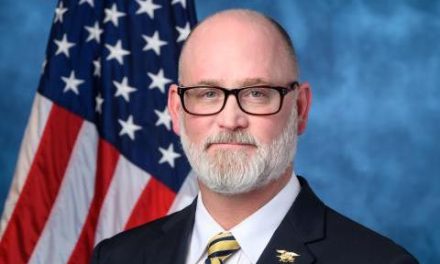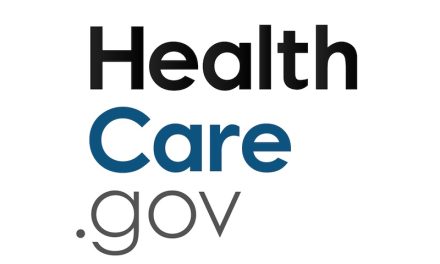
DHS expanding SSI managed care amid advocate concerns
The Department of Health Services is expanding managed care in a program serving those with disabilities amid concerns from advocates.
The Supplemental Security Income program provides cash assistance to members and qualifies them for Medicaid. DHS began the process to shift an estimated 28,000 fee-for-service members into managed care at the start of the year, although it now predicts the final numbers will be about a third less than that.
“We have individuals in the adult SSI population who need help,” said Rachel Currans-Henry, director of the Bureau of Benefits Management at the Division of Medicaid Services.
The department recently sent out enrollment packets and notices to about 7,000 individuals in Milwaukee, lower than their initial projection of 12,000. They plan to hold town hall meetings in mid-April.
More than 20 advocacy groups in the state raised concerns and called for “immediate action” in an early March letter to DHS Secretary Linda Seemeyer. They want DHS to provide notice and enrollment packets directly to potential enrollees who have a Social Security representative payee, which manage members’ finances. They write in the letter that materials have been sent to representative payees.
“The lack of notice is a serious concern,” they wrote. “As a result, many individuals who have a representative payee are being auto-enrolled in HMOs and may not be aware of their opportunity to choose an HMO in which their medical providers are within the network.”
Currans-Henry said they’ve sent notices to mailing addresses they received from the Social Security Administration. That may be the representative payee’s address, in some cases, or the member’s residence.
“We think that’s the most up-to-date address,” she said. “We also think it’s important in terms of members’ confidentiality and others that we send it to this type of secure address.”
DHS is reaching out to members by phone that don’t select a plan. And there’s also time for members to change plans after being auto-enrolled, she added, although advocates have called the 90-day period “far too restrictive.”
Advocates want the department to double the amount of time for individuals to select an HMO. Members currently have about six weeks to select a health plan before being auto-enrolled. The letter notes that more than 60 percent of members were assigned a plan without making an informed choice.
Currans-Henry said they’ve been working to align their enrollment policies with BadgerCare Plus.
Advocates asked that the department require that HMOs honor a 2 percent increase in personal care for fee-for-service Medicaid enacted by the state’s 2017-19 budget. They also asked them to require that the plans have culturally competent networks.
Currans-Henry said they factored the rate increase into the capitation rates they set with health plans and made sure plans knew the intent behind the increase. She said they have to be “cautious” about requiring it as health plans have separate contracts with providers.
DHS also cultural competency as part of their network review and encourages plans to take it into consideration, she said.
This article first appeared in the Wisconsin Health News daily email newsletter. Sign up for your free trial here.





